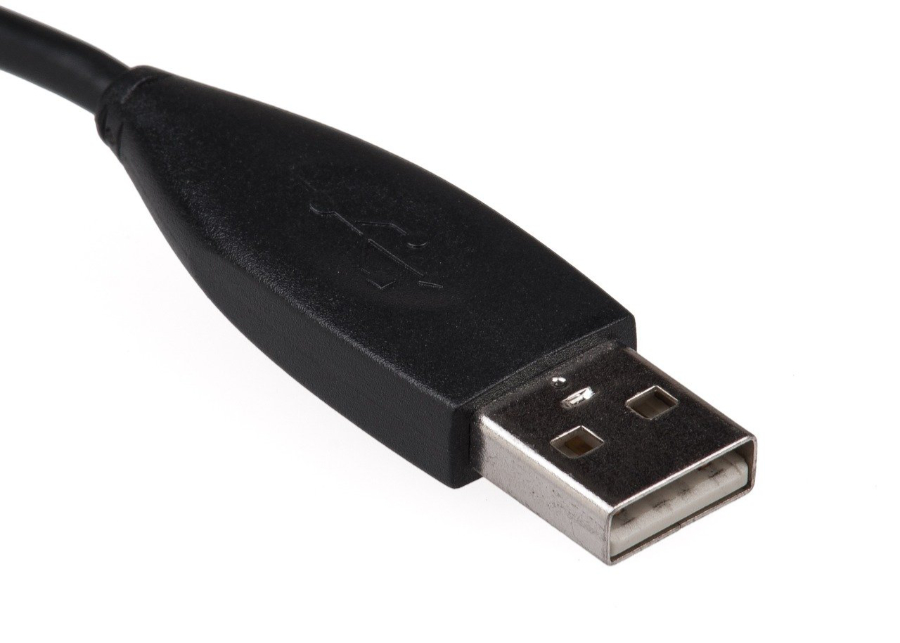The Los Angeles Times is reporting on the dangers of “juice jacking,” a method where hackers hijack a USB port to steal information from a phone or tablet.
As the LA Times reports, this is not a new problem and has been around for some time. It’s recently regained national attention, however, in the wake of a warning by the LA District Attorney’s office about “criminals [who] load malware onto charging stations or cables they leave plugged in at the stations so they may infect the phones and other electronic devices of unsuspecting users.”
The issue is especially a concern when so many people are traveling for the holidays, putting a strain on their device’s battery life. With people relying on their phones for navigation, flight information, hotel reservations, not to mention entertainment while traveling, it can be extremely tempting to plug in to the nearest USB charging station.
In an email to the LA Times, however, Paul Bischoff, a privacy advocate with Comparitech warned of the danger:
“Just as you wouldn’t plug an unfamiliar USB drive into your laptop, you shouldn’t plug your phone into an unfamiliar USB charger. Our devices have fewer defenses against attacks from physically connected devices than (from) attacks from the internet. The malware can also be much more severe with physical access to hardware.”
A much better option for travelers is to use a standard outlet, in conjunction with their own charging cable. Another option is a battery pack, many of which have enough power to charge a smartphone several times over. These devices can be had for as little as $12, a small price to pay compared to identify theft.




 WebProNews is an iEntry Publication
WebProNews is an iEntry Publication